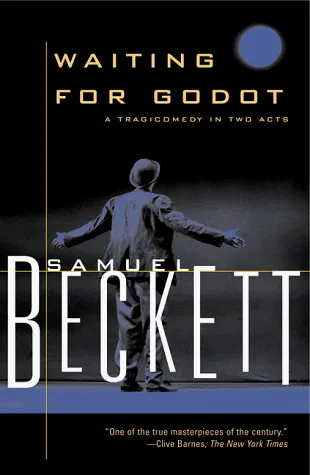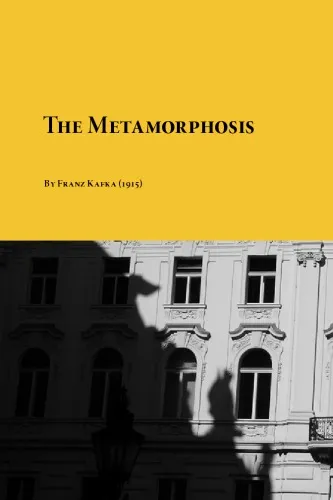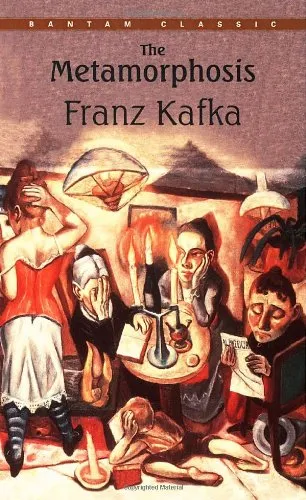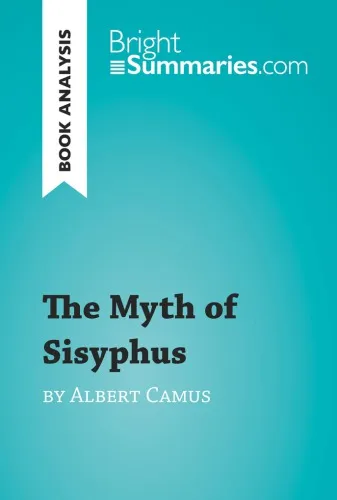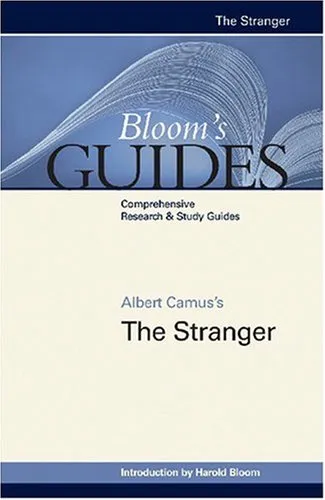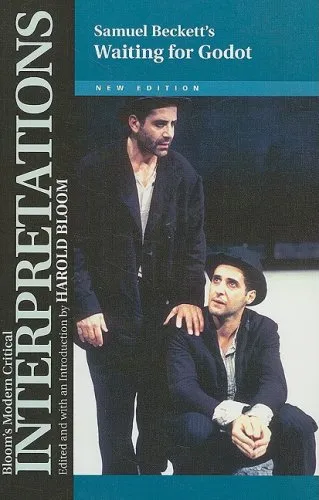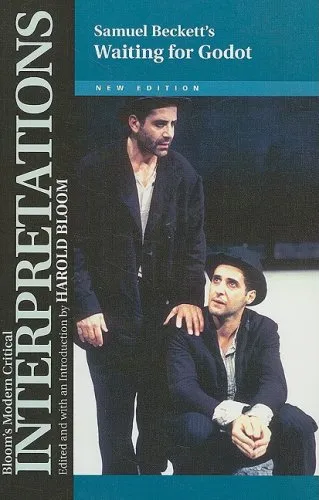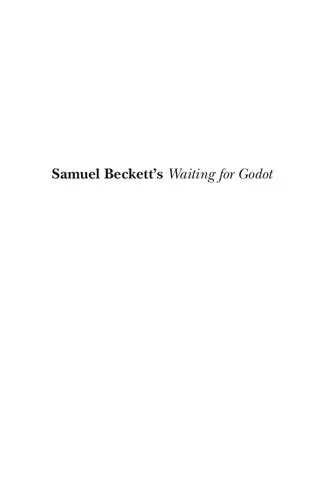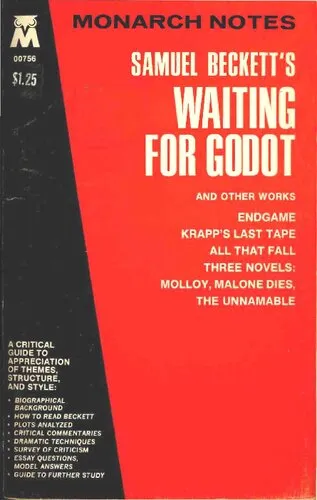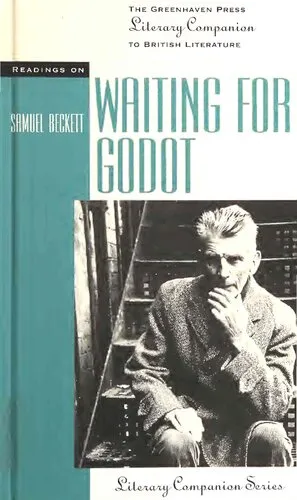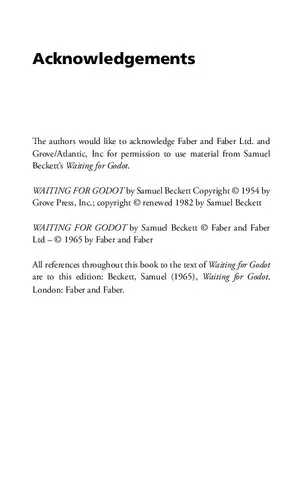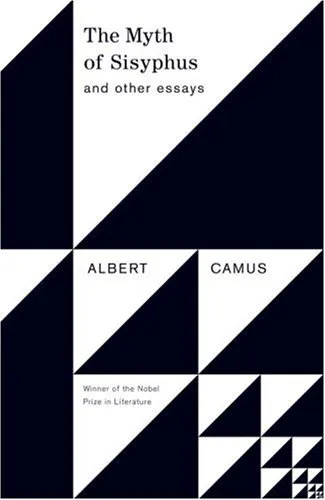Waiting For Godot: A Tragicomedy in Two Acts
4.3
Reviews from our users

You Can Ask your questions from this book's AI after Login
Each download or ask from book AI costs 2 points. To earn more free points, please visit the Points Guide Page and complete some valuable actions.Related Refrences:
Introduction to 'Waiting For Godot: A Tragicomedy in Two Acts'
Samuel Beckett's 'Waiting For Godot' is a landmark in dramatic literature, poetically blending the elements of tragedy and comedy. This minimalist theatre masterpiece compels audiences to confront the absurdity and existentialism that underscore human life. Its famous sparseness and deep contemplative themes have provided a rich canvas for analysis, performance, and academic study since its premiere in the 1950s.
Detailed Summary
Beckett's play unfolds over two acts, set in an indistinct time and place, where the protagonists, Vladimir and Estragon, wait for a mysterious figure named Godot. The essence of the plot resides in the uncertainty and ambiguity surrounding Godot's arrival, as the pair engages in a series of vaudevillian dialogues and routines that underscore the themes of time, existence, and infinite waiting.
Throughout their vigil, Vladimir and Estragon encounter two additional characters, Pozzo and Lucky, who traverse the stage in a master-slave dichotomy. Their interactions offer comic relief yet underscore profound philosophical inquiries into power, freedom, and dependency. The play's duality, reflected in its subtitle 'A Tragicomedy', examines human despair and futility with humor and absurdity, enveloping the audience in a uniquely reflective experience.
Key Takeaways
- Existential Themes: The play explores existential dilemmas such as the meaninglessness of life and the passage of time, prompting audiences to reflect on their own lives.
- Absurdism: Beckett's work is a pillar of the Theatre of the Absurd, illustrating how human beings navigate a world void of inherent meaning.
- Human Relationships: The interactions between the characters highlight themes of dependency, isolation, and companionship.
Famous Quotes
The text of 'Waiting For Godot' is peppered with memorable lines that resonate with philosophical weight and understated humor. Here are a few:
"Nothing to be done."
"They give birth astride of a grave, the light gleams an instant, then it's night once more."
"Let's go." They do not move.
Why This Book Matters
Since its debut, 'Waiting For Godot' has remained a quintessential part of the modern theatre canon, constantly stimulating scholarly discourse and theatrical innovation. The simplicity and universality of its themes have made it accessible to diverse audiences across cultures and eras. Beckett's genius lies in creating a work that, though seemingly bleak, encourages introspection and dialogue on human existence, community, and hope. The play’s significance extends beyond its artistic merit, serving as a lens through which we examine the human condition in a world that often feels bewilderingly indifferent.
The endurance of 'Waiting For Godot' in popular culture and academia attests to its profound impact, inviting readers and audiences to engage with the philosophical questions it raises long after the curtain falls.
Free Direct Download
You Can Download this book after Login
Accessing books through legal platforms and public libraries not only supports the rights of authors and publishers but also contributes to the sustainability of reading culture. Before downloading, please take a moment to consider these options.
Find this book on other platforms:
WorldCat helps you find books in libraries worldwide.
See ratings, reviews, and discussions on Goodreads.
Find and buy rare or used books on AbeBooks.
1441
بازدید4.3
امتیاز0
نظر98%
رضایتReviews:
4.3
Based on 0 users review
Questions & Answers
Ask questions about this book or help others by answering
No questions yet. Be the first to ask!
